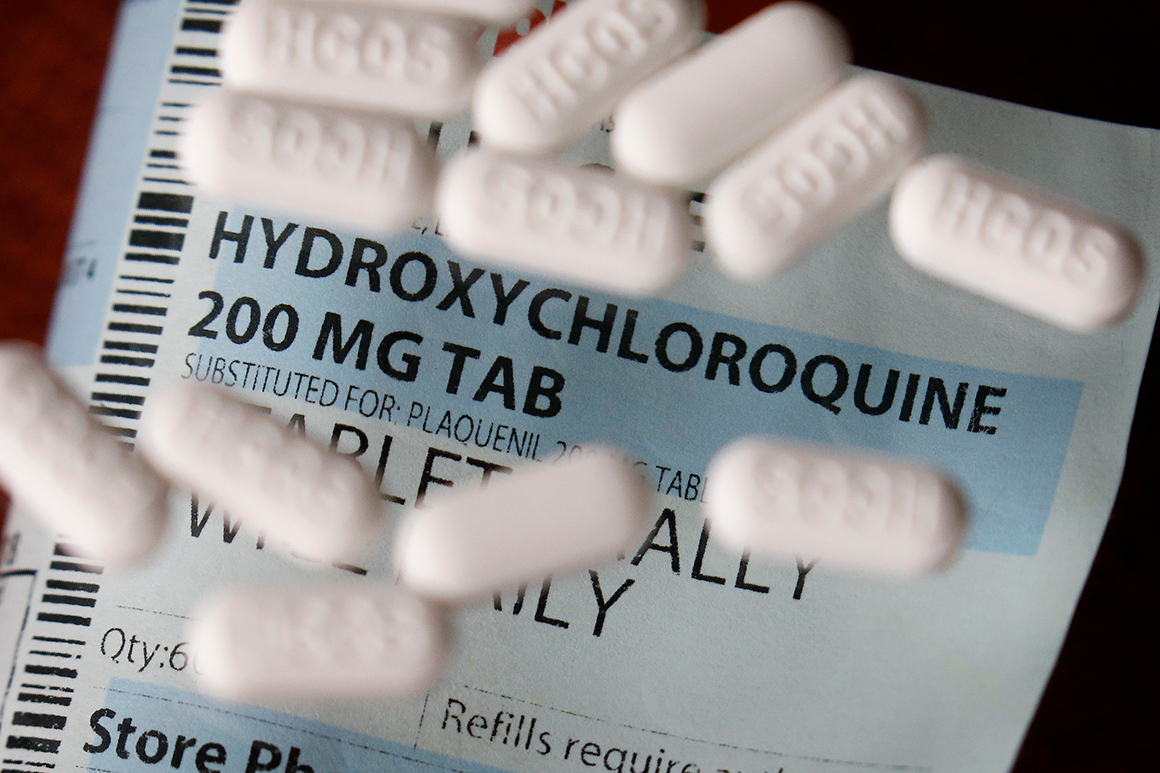
Bright says that he raised concerns that the coronavirus could spread beyond Asia beginning in January but was met with „indifference which then developed into hostility“ by leaders of the Department of Health and Human Services.
But the discord with senior officials started well before then, according to the complaint. It alleges that Bright was pressured to extend a contract with Aeolus Pharmaceuticals by a pharmaceutical lobbyist, John Clerici, because the chief executive was a friend of Jared Kushner, President Trump’s son-in-law. Bright said he stood his ground on the contract, which fueled ongoing tension with officials — including Robert Kadlec, HHS assistant secretary for preparedness and response, whose office oversees BARDA. The complaint says that Bright and Kadlec disagreed in part over Clerici’s „outsized role.“
Bright has previously said he believed he was removed from his BARDA role overseeing billions of dollars of vaccine, drug and test funding, because of his hesitation to back hydroxychloroquine. Others within HHS have disputed his accusation, saying he signed off on the request for the FDA to authorize emergency use of the drug in late March.
By the time the coronavirus pandemic began mounting in January, Bright said leaders including Azar and Kadlec were gunning for his removal, after multiple disputes over funding contracts with political or personal ties.
Bright alleges he sounded the alarm about the coronavirus in a January 23 meeting and pushed for urgent funding, but was excluded from subsequent meetings because, as Kadlec chief of staff Bryan Shuy told him, he set off „quite a s– storm“ and offended leadership.
It took HHS until April, when FDA’s vaccine chief Peter Marks presented a plan to accelerate vaccine development, for department officials to embrace an aggressive vaccine approach, Bright said.
HHS did not immediately respond to request for comment.
Those tensions were further stressed when the president fixed on hydroxychloroquine as a potential coronavirus cure despite sparse evidence. That prompted HHS officials to demand Bright’s agency move quickly on boosting access to millions of pills donated by drugmakers in March.
Emails quoted in Bright’s complaint suggest that Janet Woodcock, the longtime head of Food and Drug Administration’s drug review department, was among those who supported Bright’s warnings about hydroxychloroquine and his push for a narrow authorization, if any.
But others, including HHS Secretary Alex Azar instructed the health agencies to „move quickly“ on paths to boost access to the drug and an older version, chloroquine, Bright alleged.
Woodcock told POLITICO she was unable to comment on personnel-related matters.
Bright said that a week before the FDA authorization, he was told by HHS General Counsel Bob Charrow, on orders from the White House, to “drop everything and make the chloroquine donated by Bayer widely available to the American public,“ alluding to a 1-million pill donation made in March.
HHS officials wanted Bright to begin an investigational new drug application for the drug to allow for expanded access. That is a significantly broader pathway for use than the emergency use authorization that FDA eventually produced, which allowed for more than 30 million pills to be added to the strategic national stockpile but set narrow circumstances for their use.
HHS officials pointed to a project with tech company Oracle that they said would track hydroxychloroquine use and side effects, Bright said. Senior officials told POLITICO in March that they had grave concerns about the Oracle project and the „wild goose chase“ in pursuit of hydroxychloroquine.
The president has not mentioned the drug in weeks after data emerged suggesting it had little or no benefit against the coronavirus.
„We’re in the midst of a crisis … we need strong leadership,“ Bright said in a call with reporters after the complaint was released. „Americans need to have all the facts, they need to know the truth about this pandemic. They need to be able to trust that their government and the information they hear from politicians is based on scientific merit.“
Source: politico.com
See more here: news365.stream






